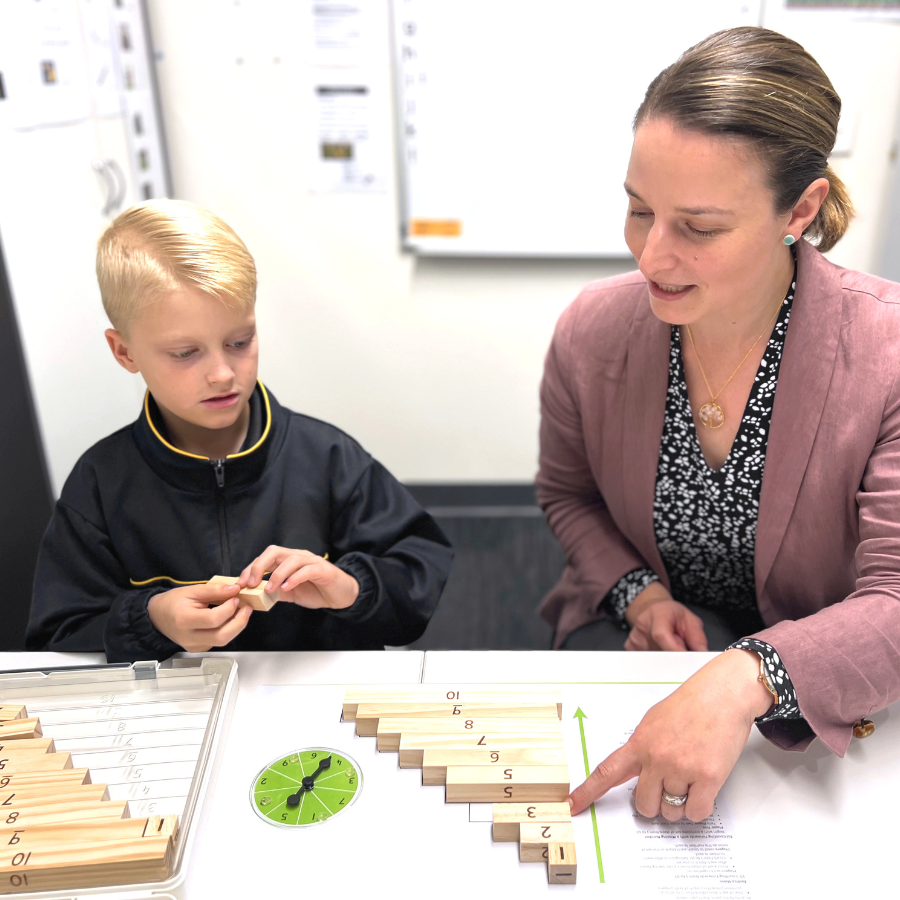Dyscalculia
Dyscalculia is a term referring to a wide range of difficulties with maths, including weaknesses in understanding the meaning of numbers, and difficulty applying mathematical principles to solve problems.
 Become a member
Become a member

Those students who experience delays in their numeracy development for no clear reason, and their response to additional support is slower than their peers, it is more likely that they have a specific learning disorder with an impairment in mathematics called dyscalculia.
Dyscalculia is rarely identified early.
Predictors of dyscalculia

Studies have been done to try to identify predictors of potential mathematical disability. The main predictors include:
- Not knowing which of two digits is larger, i.e. understanding the magnitude and relationship of numbers
- Lacking effective counting strategies
- Poor fluency in identification of numbers
- Inability to add simple single-digit numbers mentally
- Limitations in working memory capacity
Why do some students struggle with maths?
Simply performing poorly in math's does not necessarily mean that a student has a specific learning disorder in this area.
There are a number of reasons why an individual may find it more challenging to develop their numeracy skills such as:
- maths related anxiety
- learned helplessness resulting in a reduced level of practice
- less effective mathematical instruction
- memory issues
- general reading delays that make it harder for them to extract the necessary information from written questions and difficulties with organisation and planning
Many individuals who struggle with mathematics due to one of these reasons often respond quickly to targeted and more intensive support.
Do other learning difficulties affect your ability when doing maths?
It is difficult to build on maths knowledge without a clear understanding of maths vocabulary.If basic maths facts are not mastered, many teenagers and adults with dyscalculia may have difficulty moving on to more advanced maths applications.
For individuals with learning disorders, it may be difficult to visualise patterns, different parts of a maths problem, or identify critical information needed to solve equations and more complex problems. Also language processing disorders can make it difficult for a person to grasp the vocabulary of maths.
Success in completing more advanced maths problems requires the ability to follow multi-step procedures.It is important to understand what the weakness is in order to get the help required to be successful in maths.
How do you test for Dyscalculia?
Educational psychologists use a series of tests to determine if a person has Dyscalculia. An evaluation reveals how a person understands and uses numbers and mathematical concepts to solve advanced-level, as well as everyday problems.
The evaluation compares a person’s expected level of performance (based on their educational history and the level of remediation they have received) and their current level of skill and understanding, while noting specific strengths and weaknesses.
Subscribe to the Newsletter
Be the first to know the latest news, including workshops and training updates.

